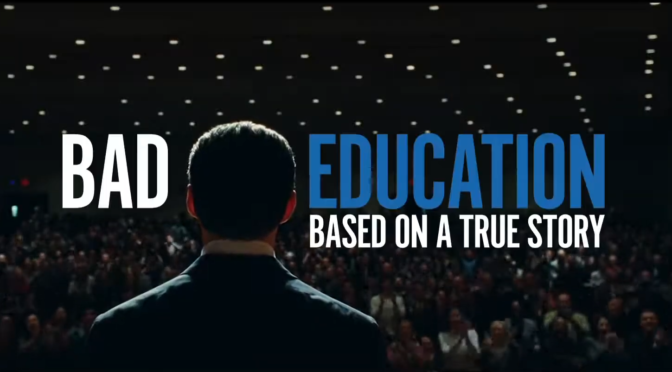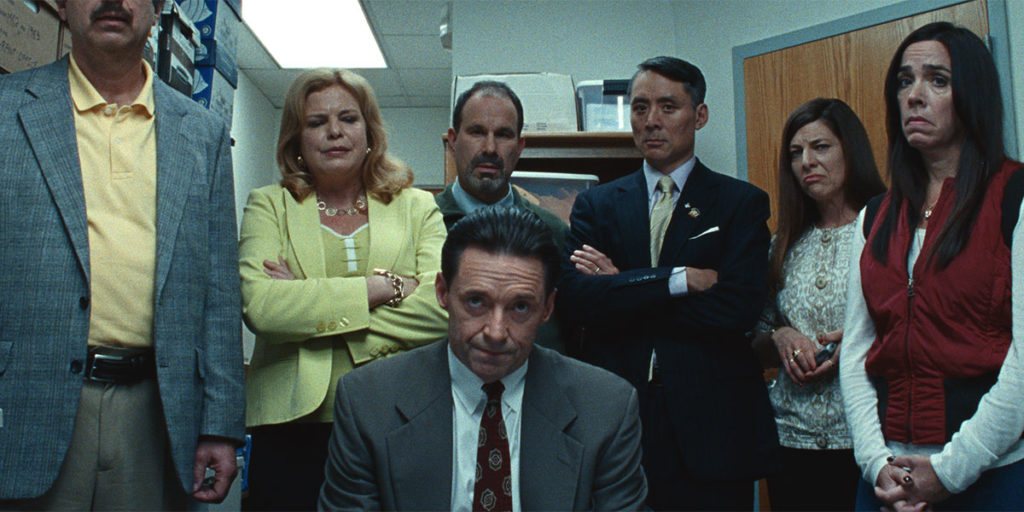He may be a star in the Marvel Cinematic Universe, but Chris Hemsworth (Thor) has had mixed results outside of it. Extraction is his chance to prove himself as a true action lead. He plays Tyler Rake, a mercenary hired to extract a kidnapped gang leader’s son from Dhaka, Bangladesh. He is supported by his handler Golshifteh Farahani (About Elly) and faces enormous obstacles as the city’s police are under the control of a rival crime lord. To his credit, Hemsworth has a believable physicality as he fights through dozens of goons. His performance, as usual, shows few emotions. This is partly due to how his character is written, but part of it is also his own limited acting ability.
The director, Sam Hargrave, knows his action. This may be his first film, but he comes from the same background as other stuntmen-turned-directors like David Leitch and Chad Stahelski (John Wick) and is best known for his work as stunt coordinator on the latest Avengers movies for directors Anthony and Joe Russo, who also produced this movie. Because of this pedigree, it’s tempting to describe the style of action as John Wick in Bangladesh, but Hargrave seems directly inspired by the work of Gareth Evans in The Raid series. Instead of the comparatively steady camerawork from John Wick,he uses Evans’s more unstable camera and accentuates it to mixed results. The action is typically in clear view, but the constantly wavering camera can be distracting rather than immersive. In its worst moments, the cinematography is even a bit nauseating.

Shakiness aside, there are still some great set pieces. Chief among them is an extended sequence of Rake attempting to flee Dhaka with the boy. Hargrave stitches together several scenes to create what appears like one unbroken shot. The technical craft is incredibly impressive as the camera seamlessly moves from the street and repeatedly into and out of moving vehicles. This builds the tension of the car chase as the leads weave through the crowded, narrow streets and dodge pursuing vehicles. However, this scene, despite its strong craft, runs too long. The problem is escalation. As the scene continues, the action doesn’t necessarily surpass what preceded it and the tension begins to deflate.
The film knows what it is, a bare bones action film, and has no greater ambitions. There is very little story beyond the setup. Rake is hinted at having emotional baggage related to a wife or child no longer in his life and lives by himself popping pain pills and drinking heavily. In a line of clumsy dialogue, a character tells the audience that Rake is borderline suicidal. During the course of the rescue, he forms a bond with the boy which is meant to endear him to the audience, but this is mostly unsuccessful. The narrative offers little, if any, emotional investment in the characters or their safety. Without it, even the expertly constructed action wears thin. The movie runs out of steam well before the credits roll and the final shootouts are more tiring than climactic and the intended emotional moments have minimal impact. It deserves praise for its intricate choreography but Extraction never creates enough emotional stakes to hold the audience’s interest.

3/5 stars.





